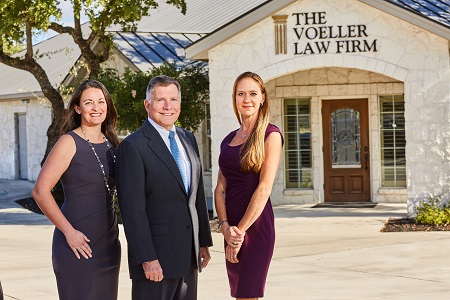When planning your estate, your attorney may suggest a Revocable Trust as the centerpiece of the plan. Also called a “living trust,” you create the document while you are alive and get to include provisions for your medical care should you become ill, disabled, or challenged by the symptoms of aging.
Revocable Trusts let you control and manage your assets or appoint others. It can be altered or dissolved based on life changes, a comforting aspect given one never knows how life will change and, along with it, your wishes. Not to be negative but wishes regarding beneficiaries have been known to change over time.
Benefits of a Revocable Trust
- Eliminates probate
- Provides for the distribution of property upon your death
- Provides you with a vehicle for managing your property during your lifetime
- Authorizes a trustee to manage the property and use it for your benefit (and your family) should you become incapacitated
- Eliminates the need for guardian appointments
- Eliminates the freezing of bank accounts upon your death
- Keeps your financial matters private and out of court records
- Allows for specific health care and end-of-life directives
- Establishes a health care power of attorney
The Downside of Revocable Trusts
- Assets are not protected from creditors.
- There are no immediate tax benefits. Shifting assets into a revocable trust won’t save income or estate taxes when you die.
- If asset protection is important, an irrevocable trust, limited liability company (LLC), or family limited partnership (FLP) for a business may be a better choice.
- They require quite a bit of administrative work.
After creating a Revocable Trust, assets must be retitled into the trust’s name; otherwise, they would be subject to probate. Those untitled assets would also not be under management by a successor trustee if you become incapacitated. Only certain types of assets, such as IRAs, insurance policies, annuities, and jointly held property, can avoid probate.
Think About It
The thought of having your heirs or other entities battling it out over who is entitled to your estate is not a pleasant one. No one wants their legacy to end up in probate court. The best way to ensure that, especially for moderate-income people, is to place assets into a Revocable Trust. True, one can never be sure of anything, but it’s comforting to know that once you die, the likelihood of your wishes being carried out is very good. Then there’s the control issue. Many clients say they would not feel comfortable giving up control of their assets in an Irrevocable Trust. And who can blame them?
The Voeller Law Firm Can Help
Clients need to make the final decisions when it comes to trusts and estate plans. One thing they can depend on is The Voeller Law Firm’s full and honest assessment of their situation—we specialize in all aspects of estate planning. To discuss the viability of a Revocable Trust as part of your estate planning, contact us by calling (210) 651-3851 or using our online contact form to send a message and set up a consultation.
We serve San Antonio, Schertz, and the surrounding communities of Bexar County.
19311 FM 2252
Suite 103
San Antonio, Texas 78266

